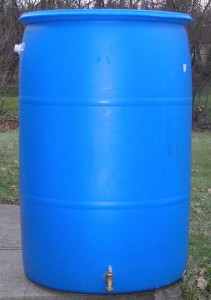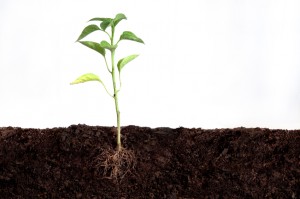watering for healthy plants
Water is essential for plant growth, with too little water, the plants will not be able to grow and develop properly, it also makes these plants more vulnerable and susceptible to pest damage. It is also important to know that watering plants too much can also effect the health of your plants. The best time to water is during the day time, early in the morning while it is still relatively cool outside, which helps to protect the plants from the strength of the afternoon heat. The late afternoon can also be a good time because the wind is calm and it will have less of a chance of developing fungal diseases.
1. Finger Test
- Poke your finger into the soil towards the base of the plant
- Once you take out your finger, if there is soil on your finger then the soil is sufficiently moist
- Once you take out your finger, if your finger is clean then the soil needs more watering
- Soak at a certain depth, 6-12 inches below the surface
- It is also important to determine how long it takes for your irrigation system
When watering your plants, an important tip to know is that you can improve your soils moisture holding capacity by adding organic material, such as compost. More organic material can help make the water more accessible for plants. By adding this, you will be able to give the plants the chance to conserve the water until they need it the most.

- Focus on the root zone.
Remember that it’s the roots that need access to water, not the leaves. Wetting the foliage is a waste of water and can promote the spread of disease.

Plants you should water in the morning
- Roses
- Apples
- Pears
- Peaches
- Plums
- Cherries
- Grapes
- Strawberries
- Raspberries
- Blackberries
- Tomatoes
- Cucumbers
- Melons
- Beans
- Begonias
- Geraniums
- Peonies
- Dahlias
- Chrysanthemums
Knowing how to water and watering your plats can be important on a more grand scale than you think, by watering your plants only when you need to and only as much as your plants require, you will reduce your water consumption by 25% or by 11,000 gallons of water per year in each household. If everyone was to do this, it would reduce national water consumption by 700 Billion gallons per year.
References
Burrell, Colston.”.” TLC “Full Episodes, Schedules, Videos, Photos, Games and Sweepstakes”. N.p., n.d. Web. 17 July 2013. <http://tlc.howstuffworks.com/home/how-to-water-plants.htm>.
LaLibrete , Kathy . “Watering Tips, When to Water, Watering Plants: Gardener’s Supply.” Gardener’s Supply Company | Garden Supplies and Gardening Tools. N.p., n.d. Web. 17 July 2013. <http://www.gardeners.com/When-to-Water/8108,default,pg.html>.
Sloane, Lauren . “6 Tips for Watering the Garden: Organic Gardening.” Organic Gardening: Summer Harvest, Organic Pest Control, Weeding. N.p., n.d. Web. 17 July 2013. <http://www.organicgardening.com/learn-and-grow/water-well>.
